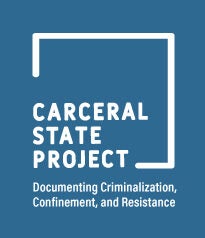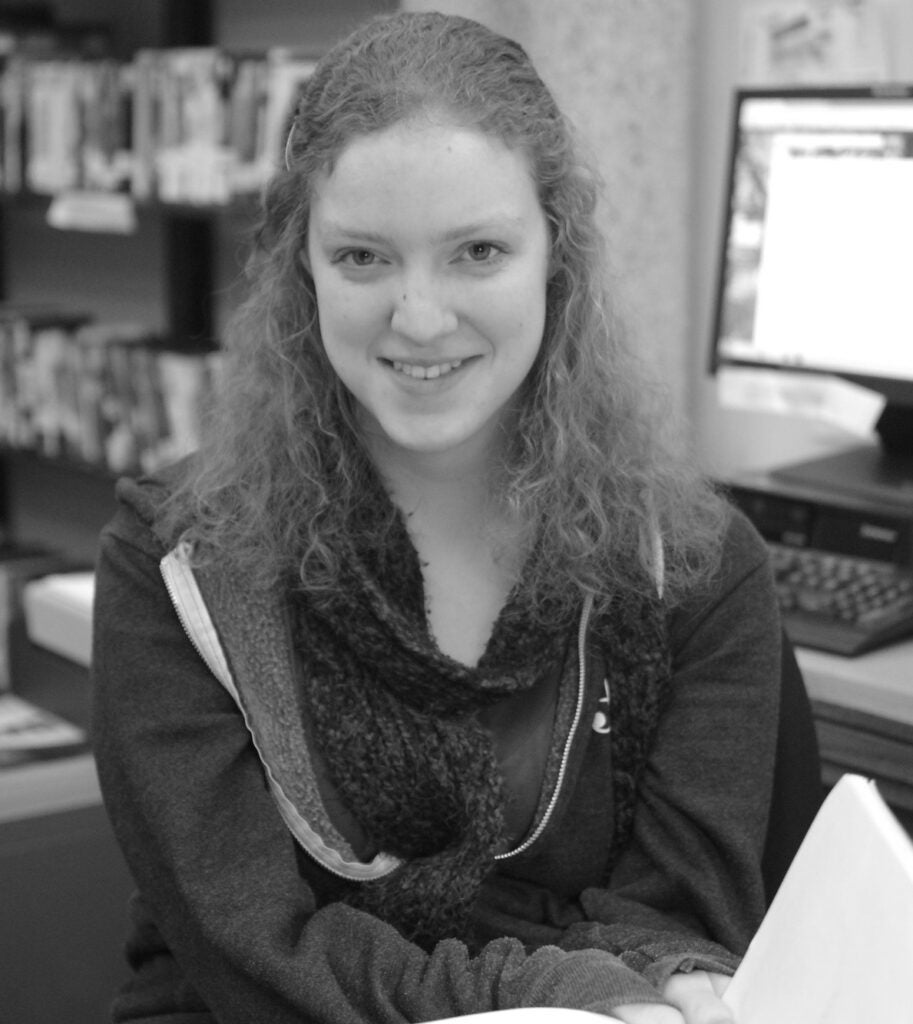


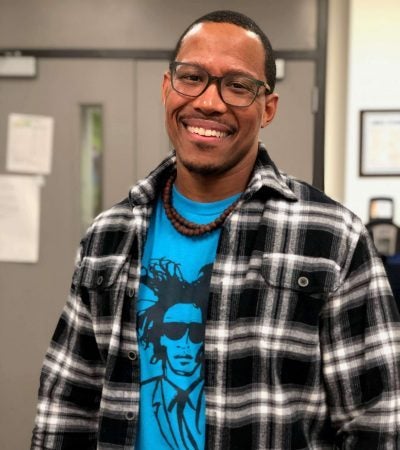
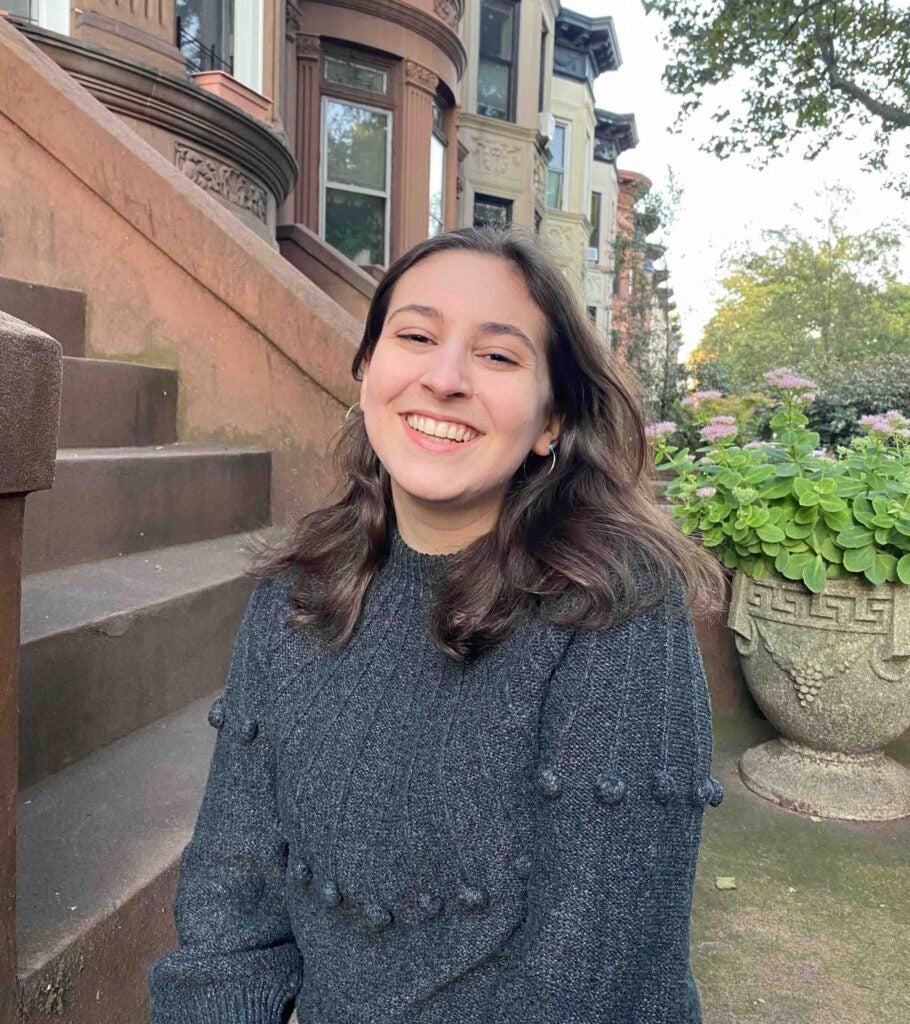
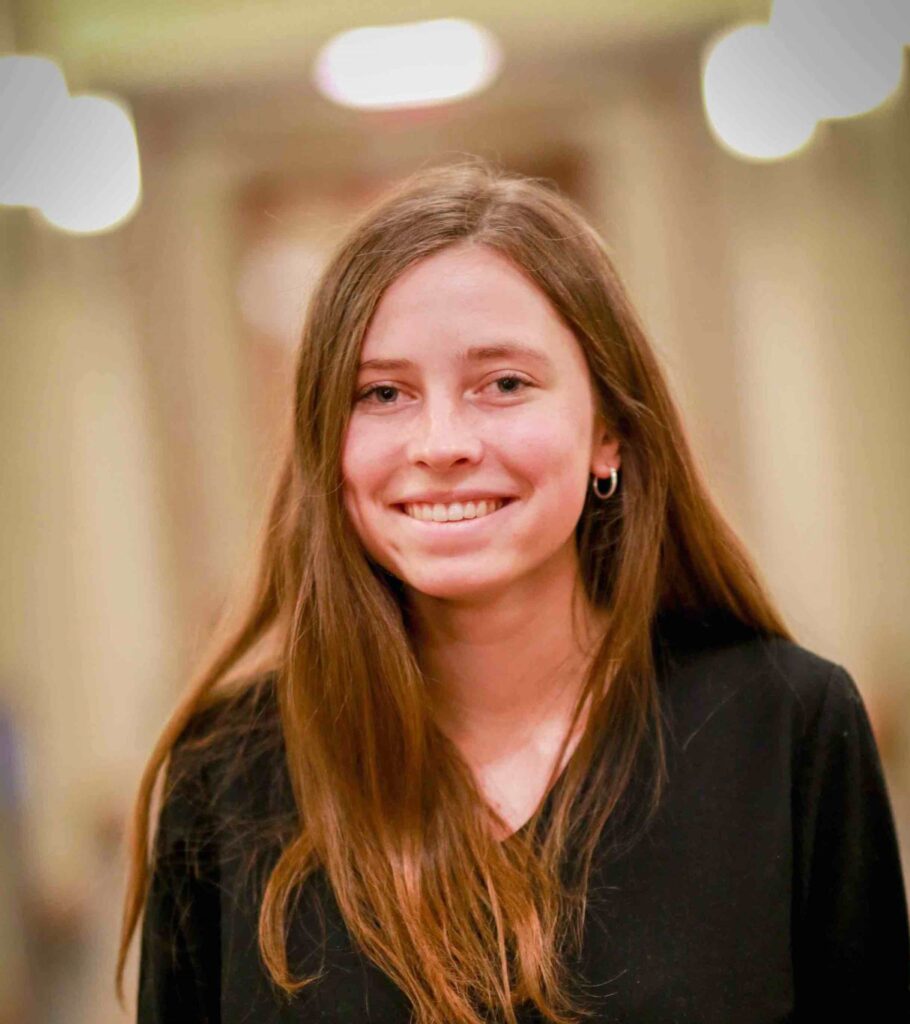




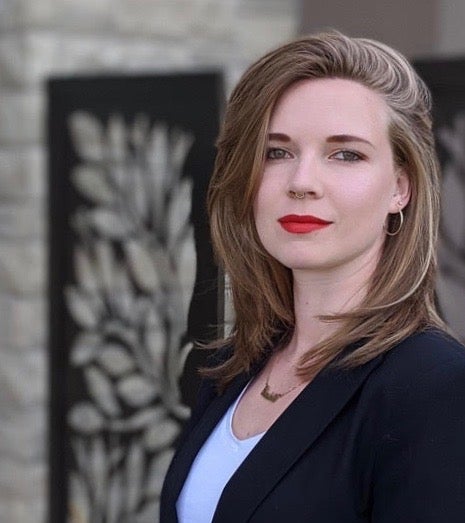

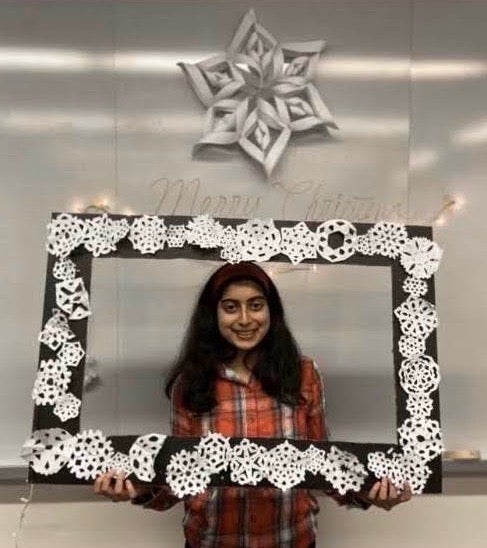



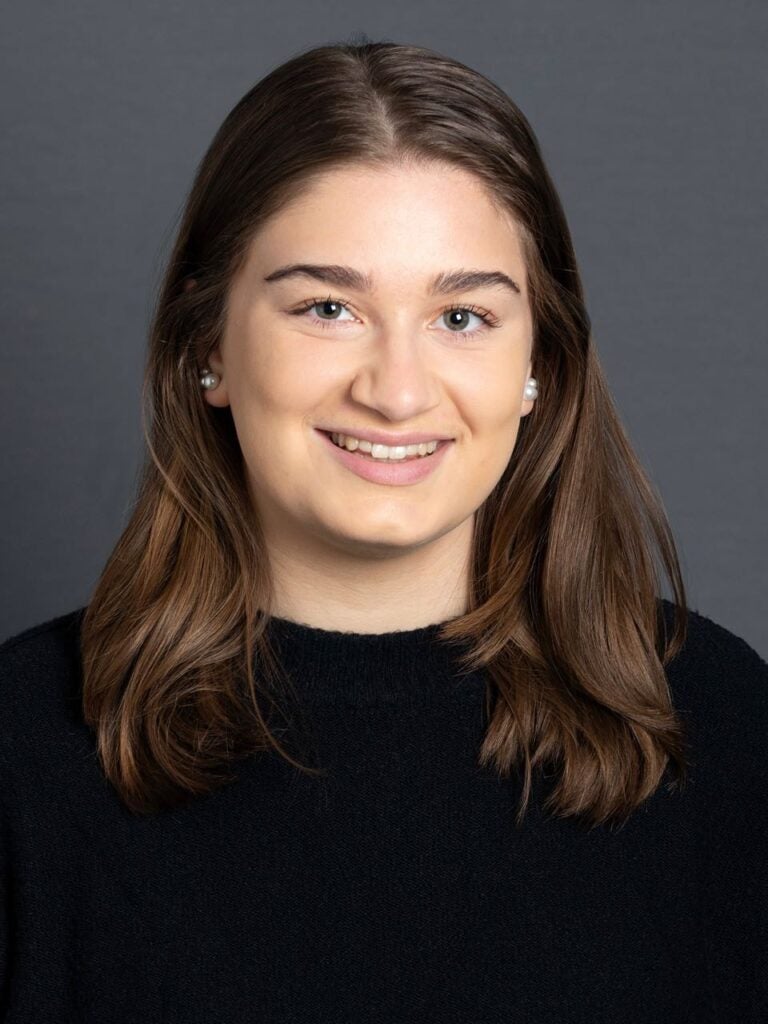

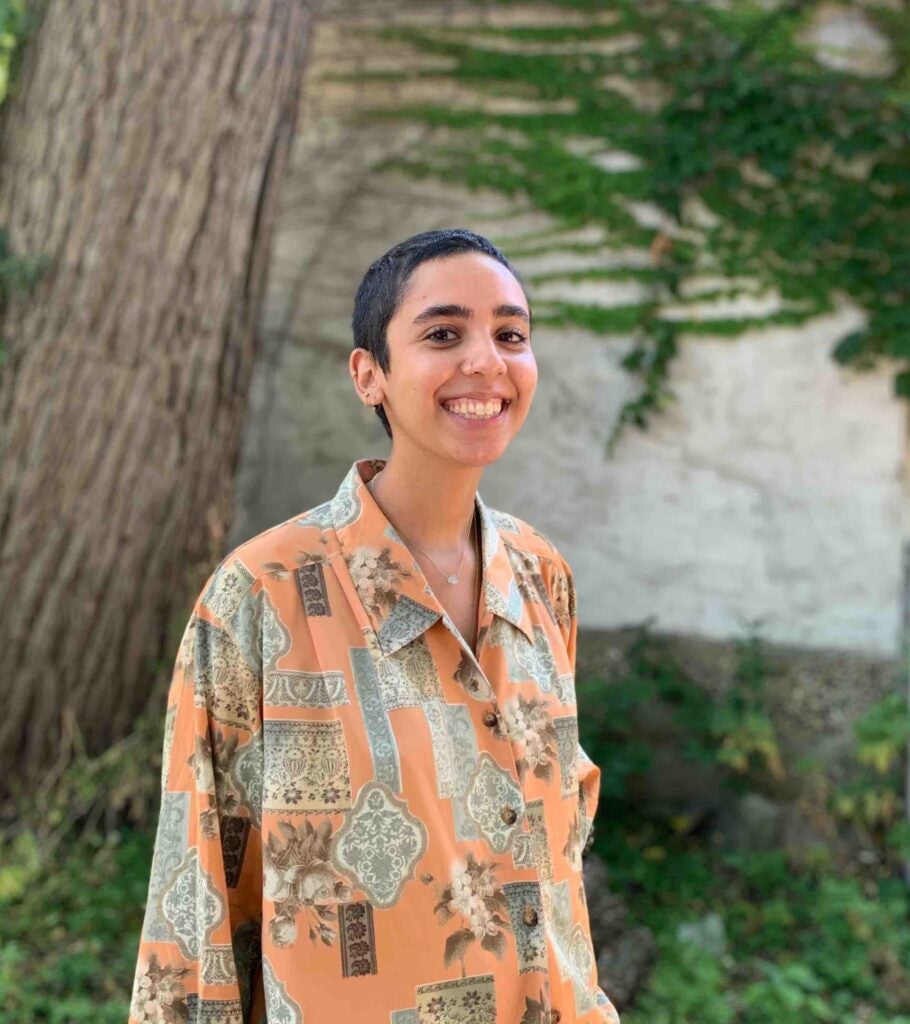




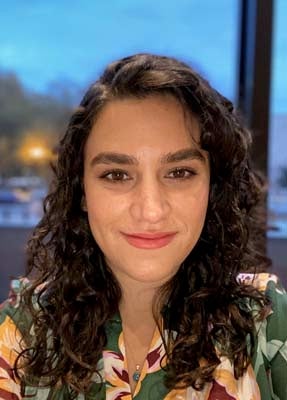


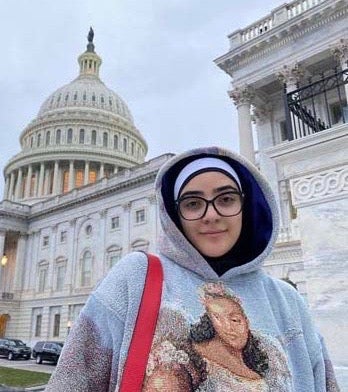
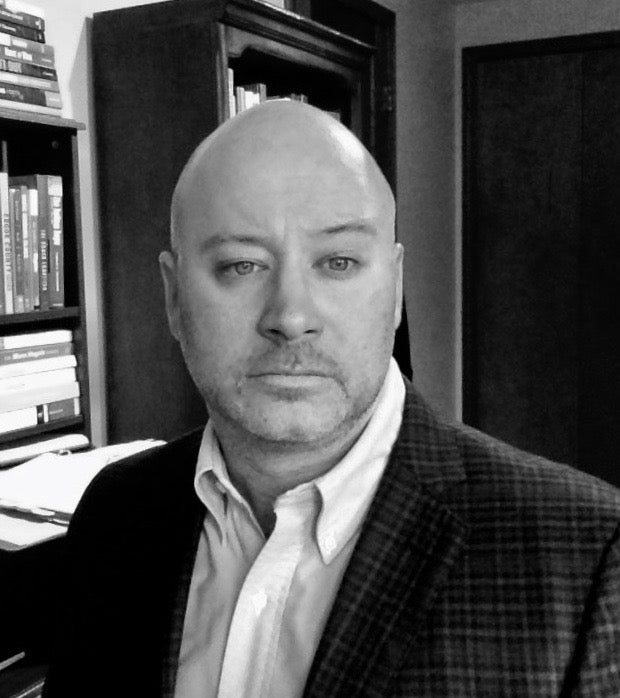
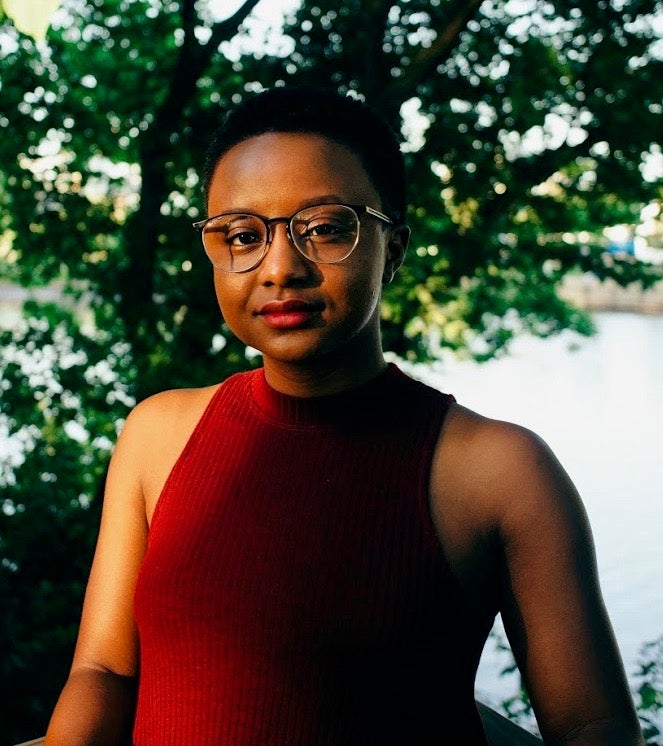
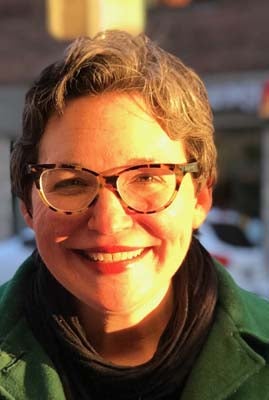
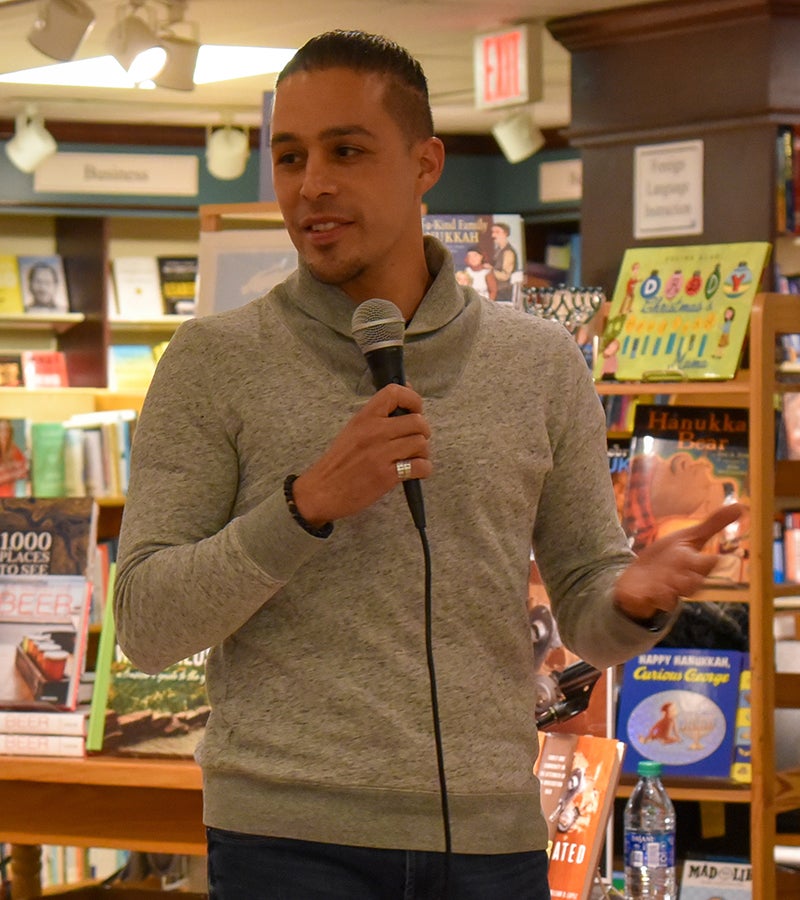
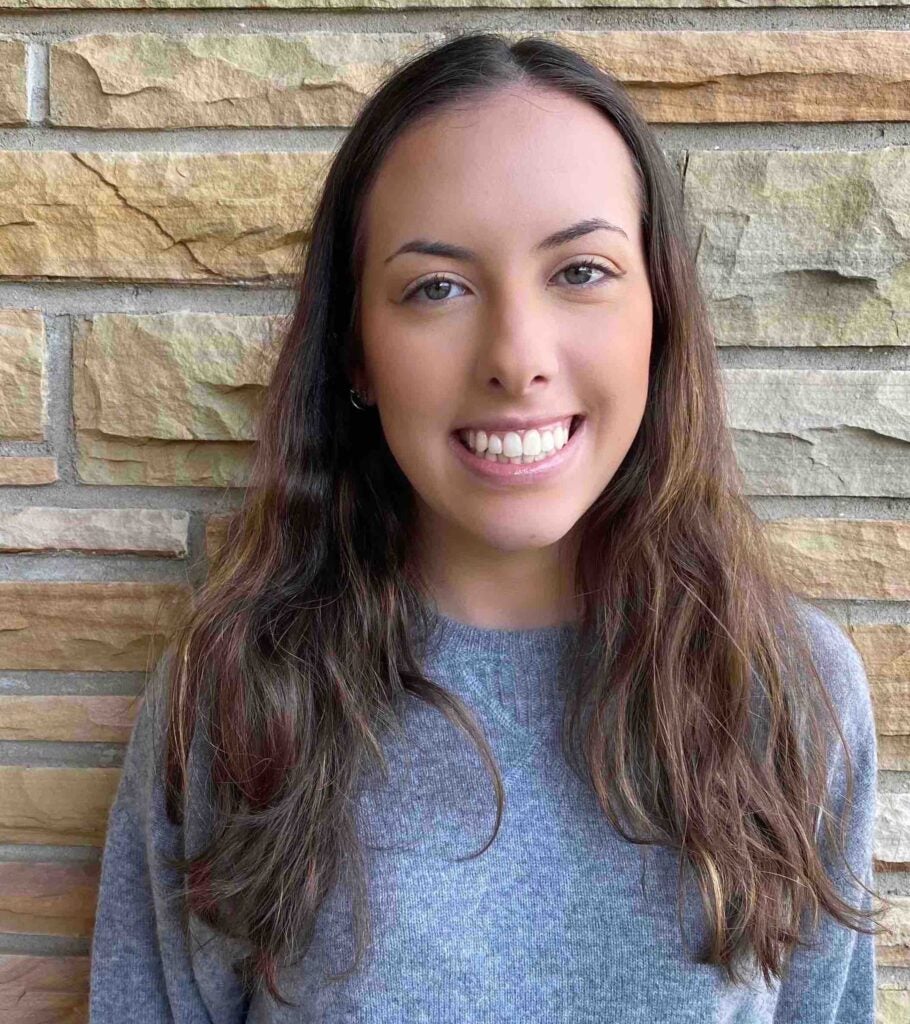
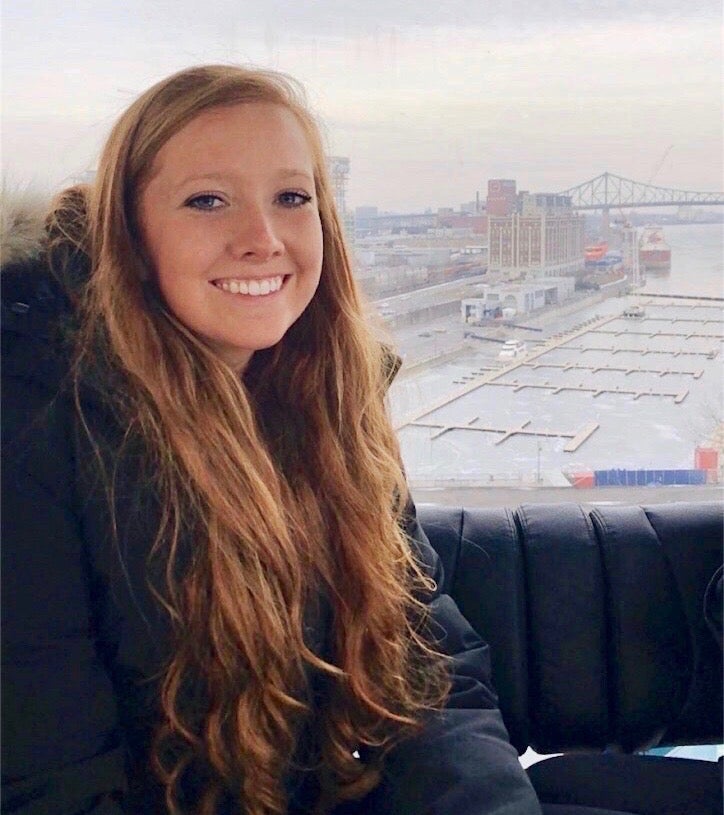

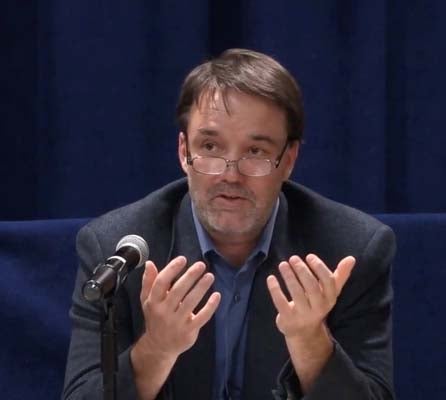

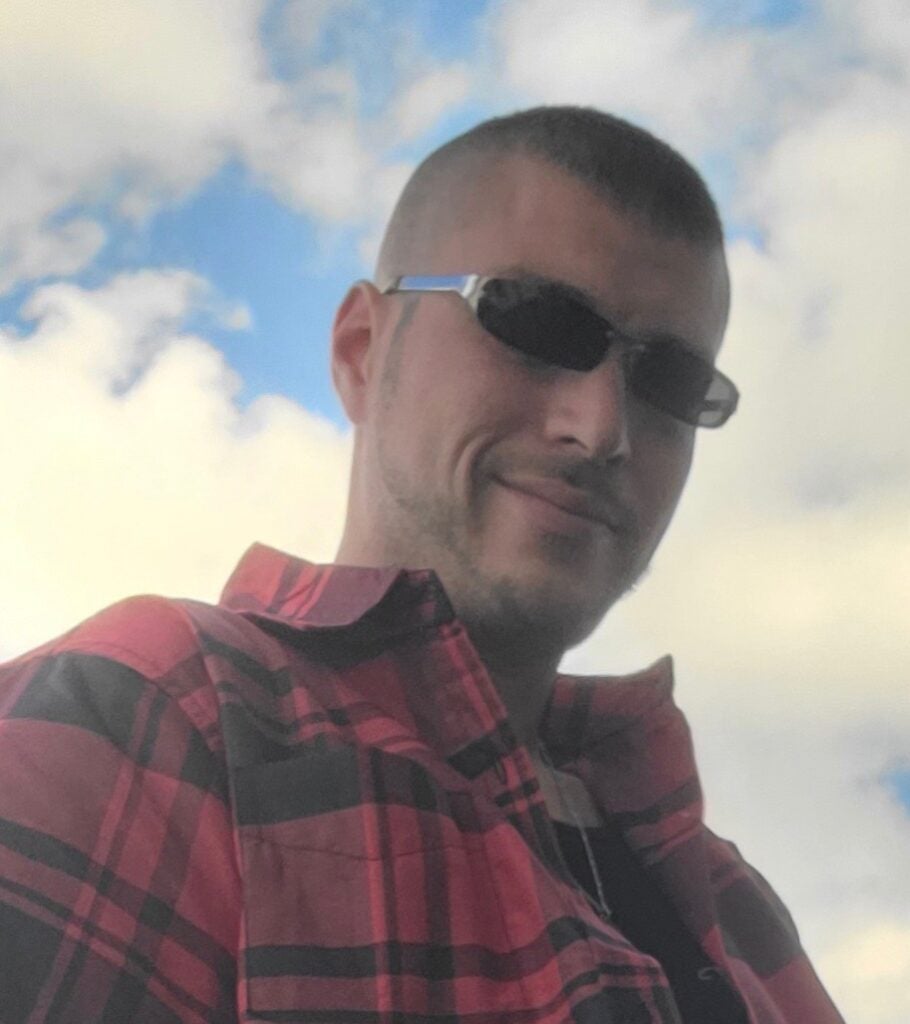
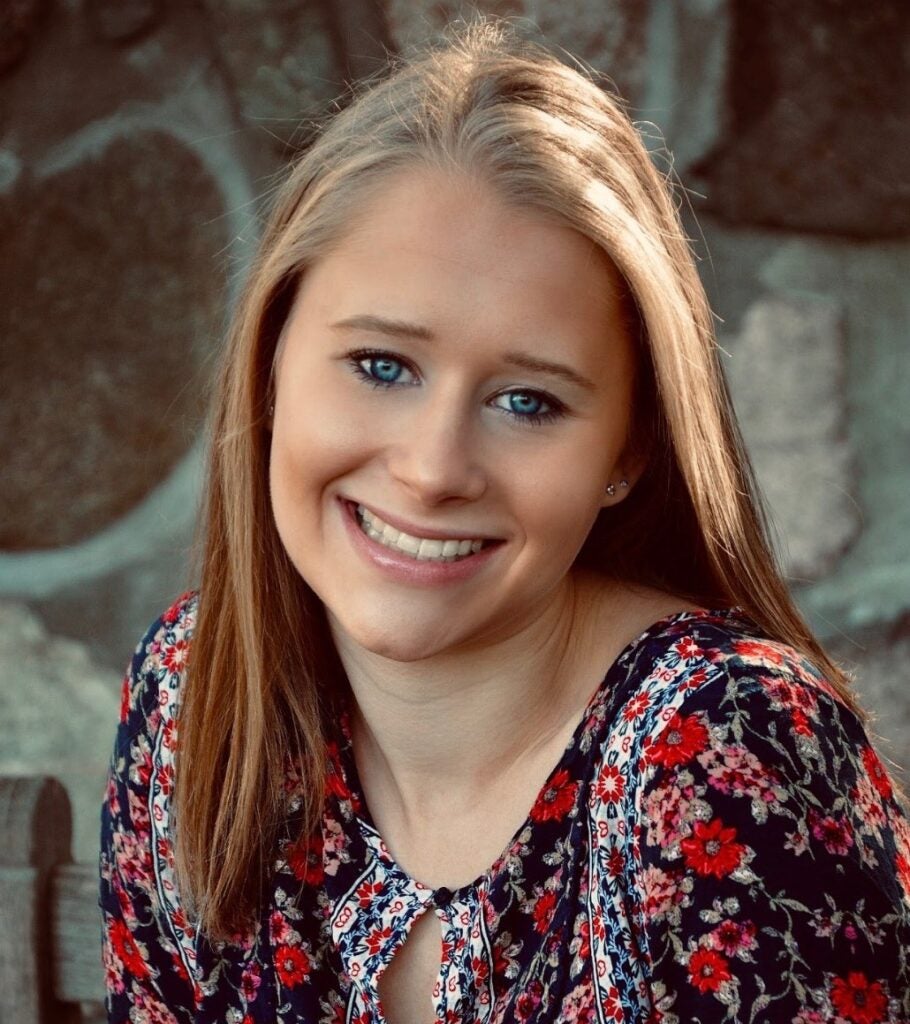
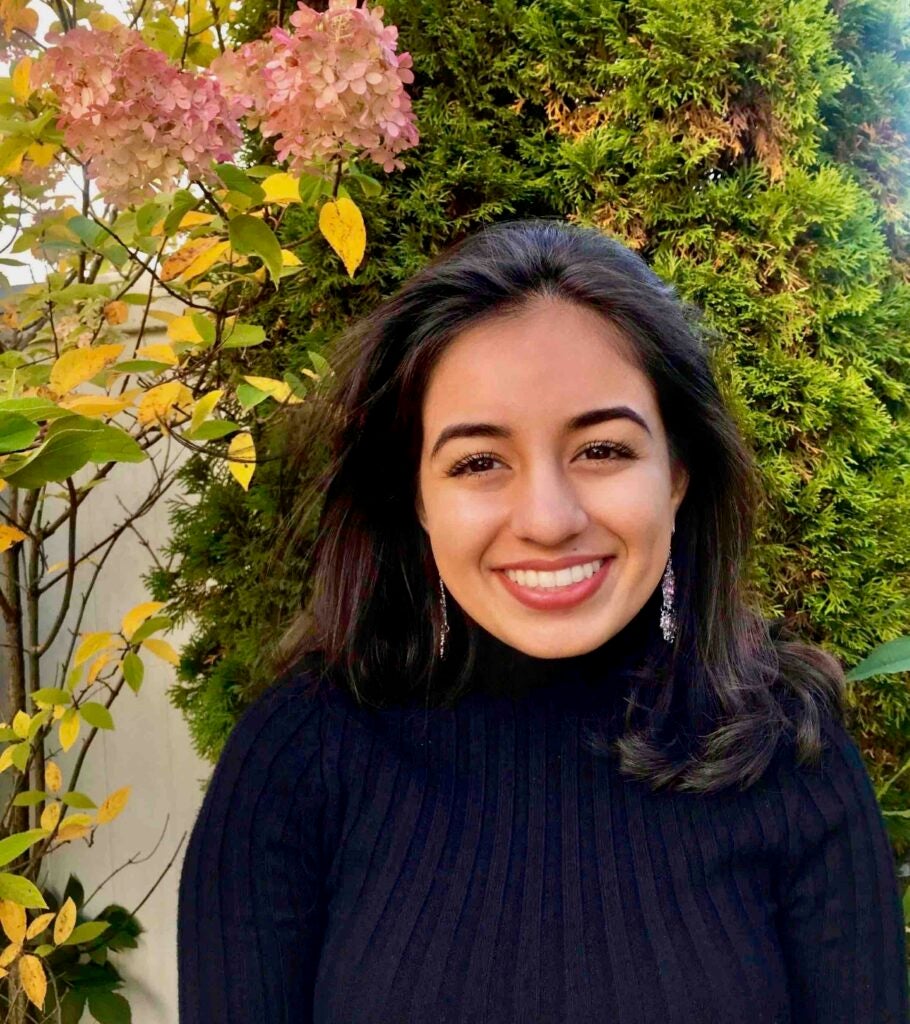
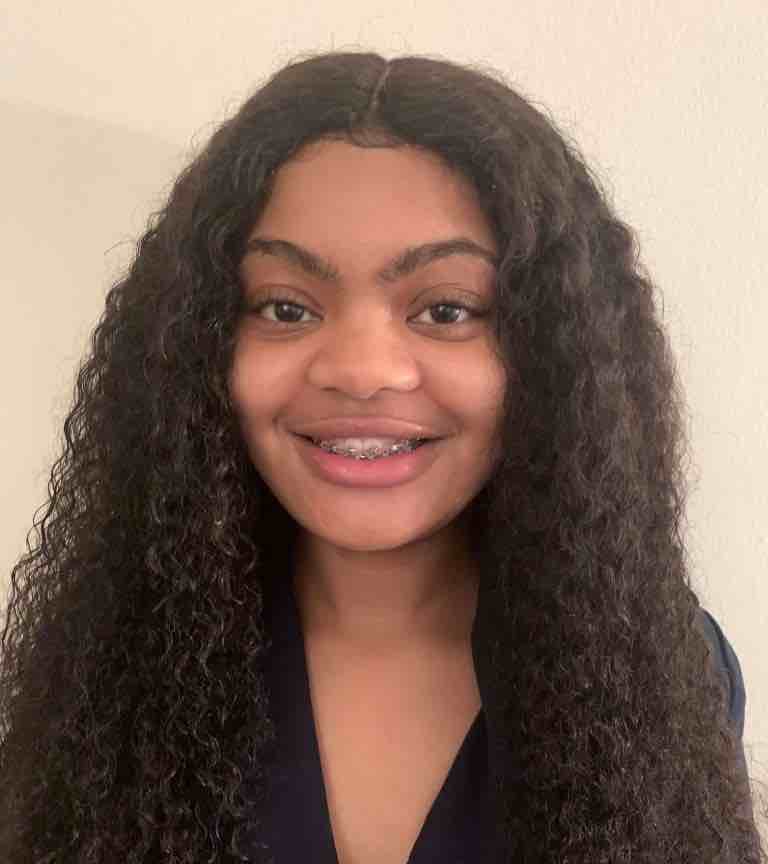
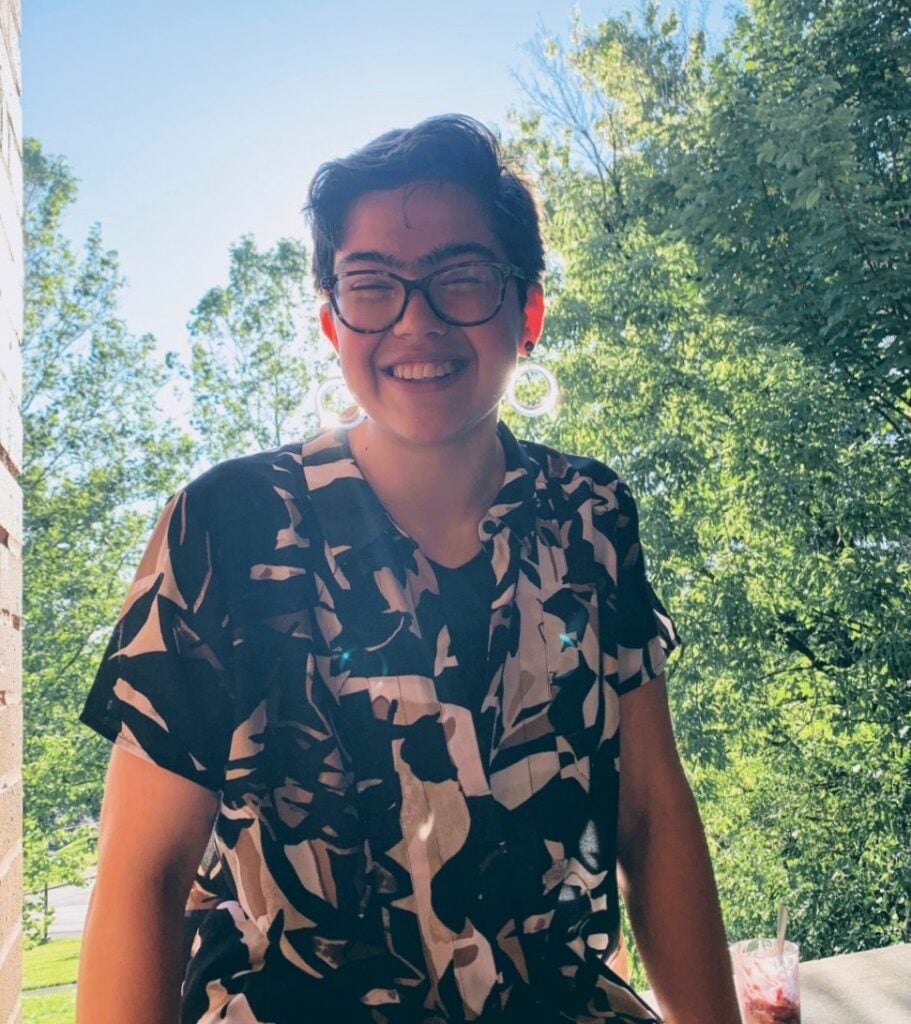
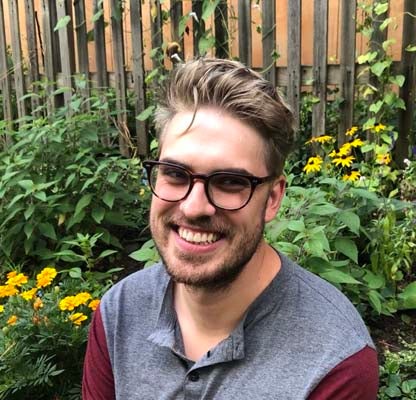



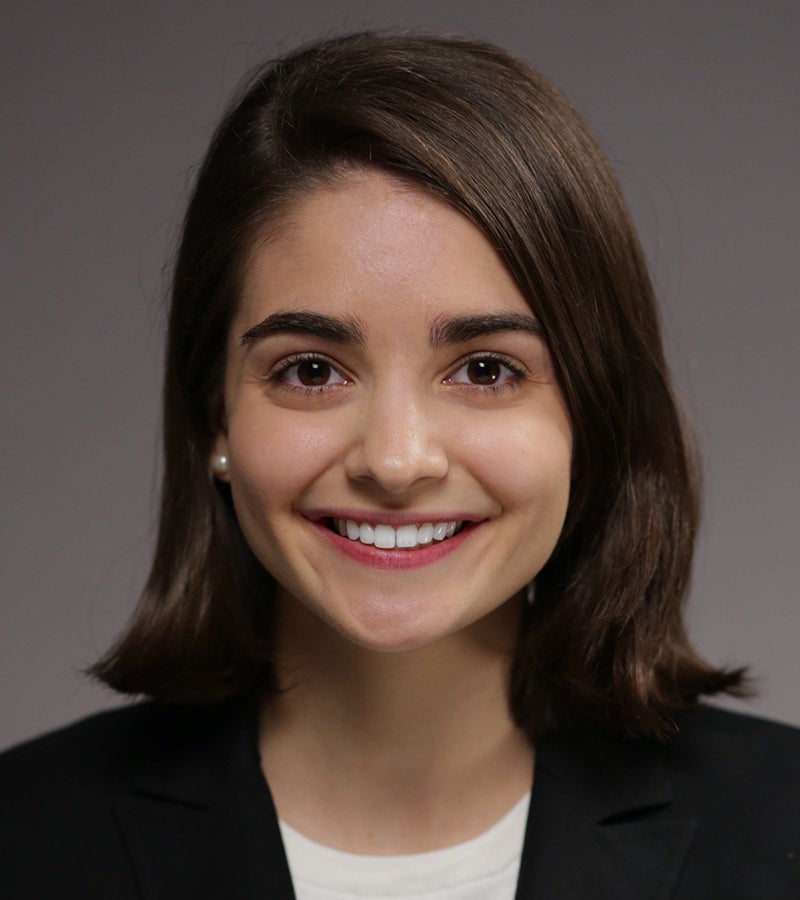
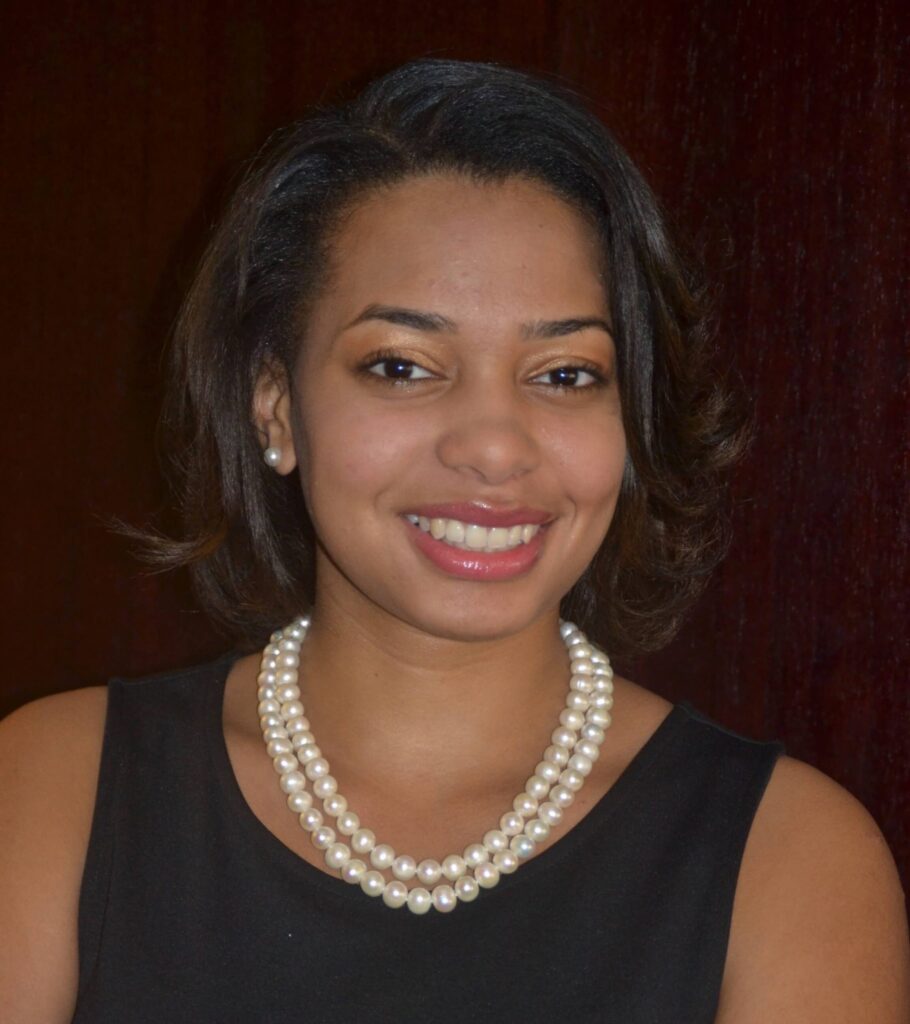
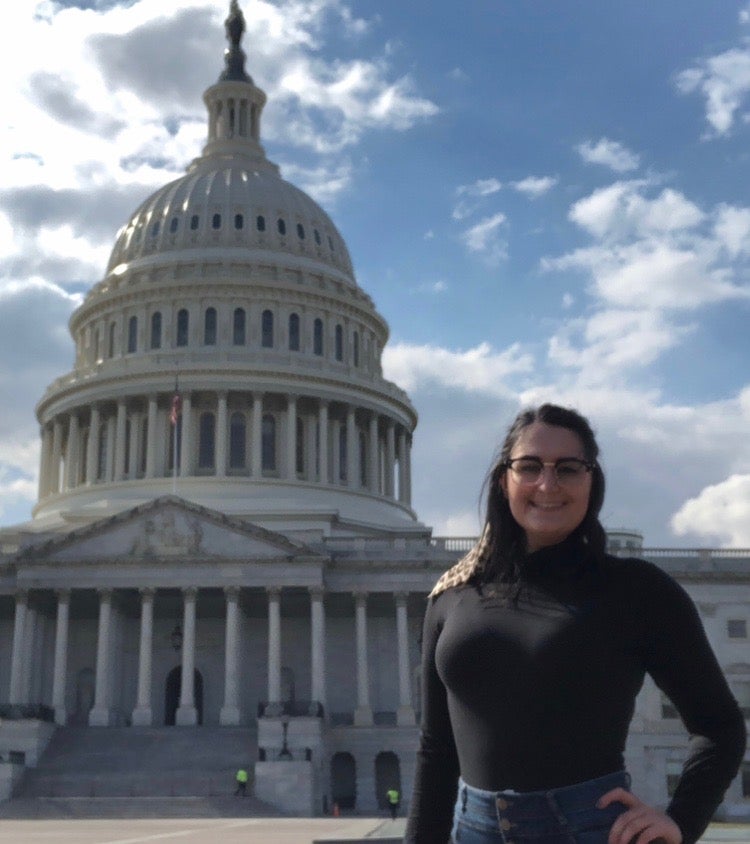




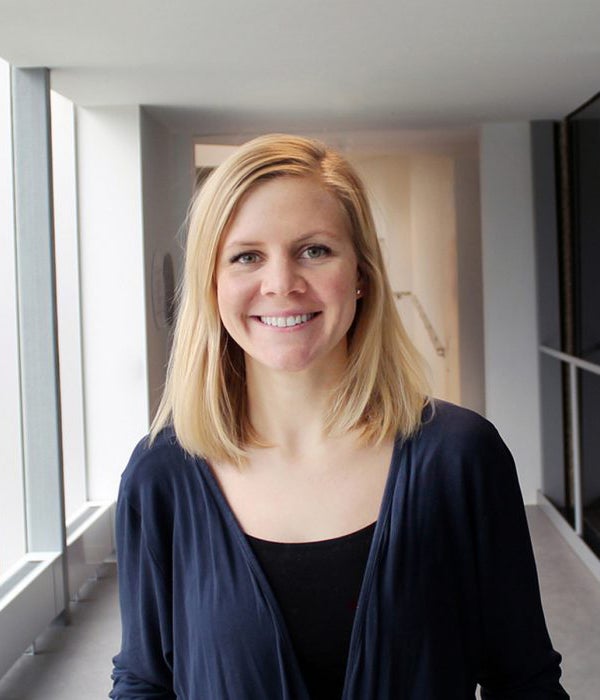

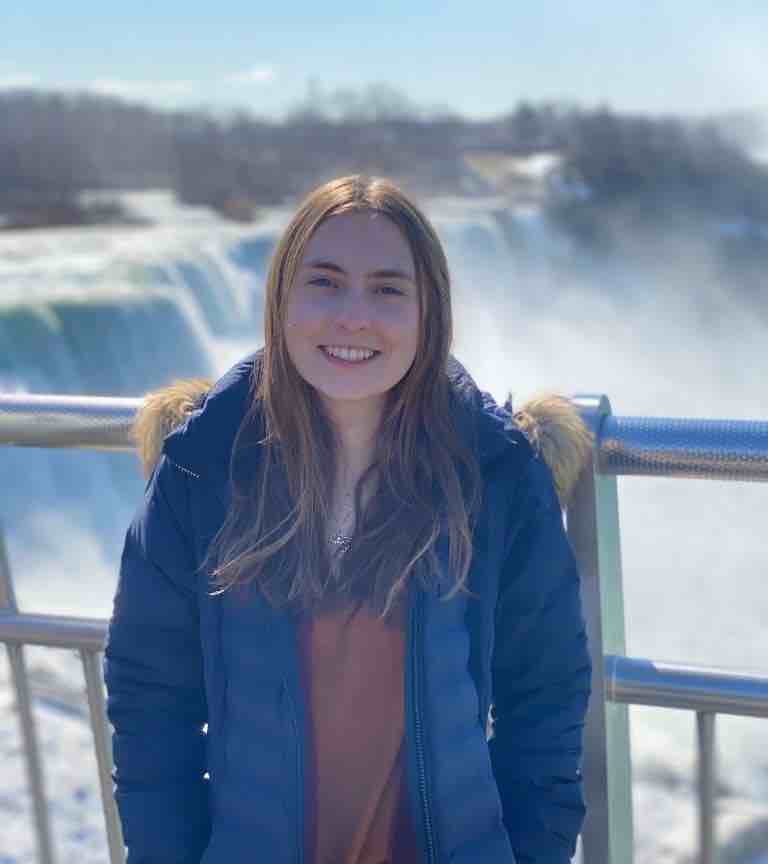
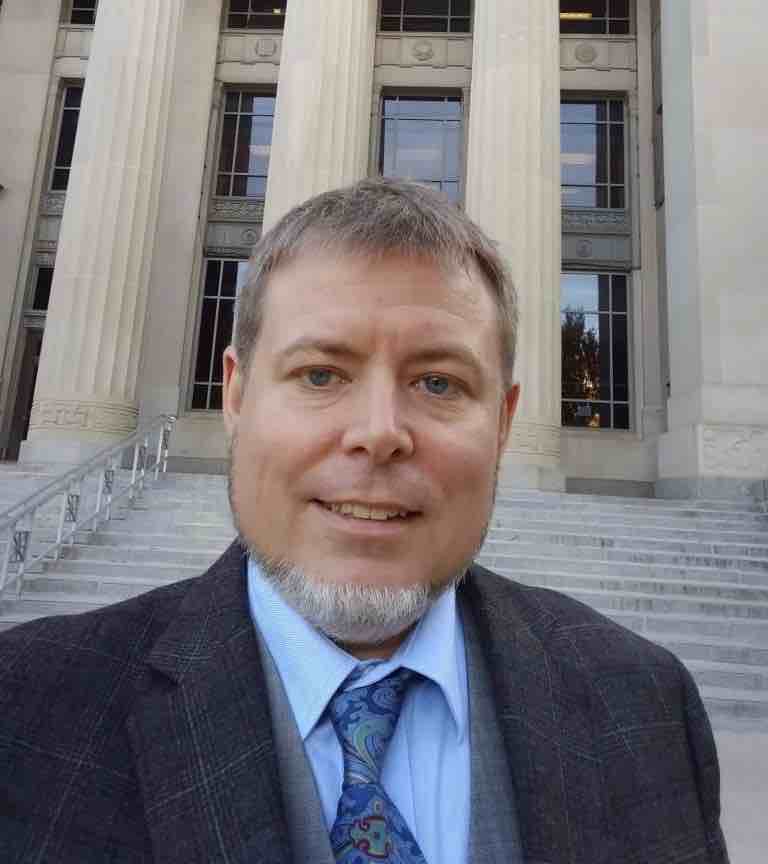
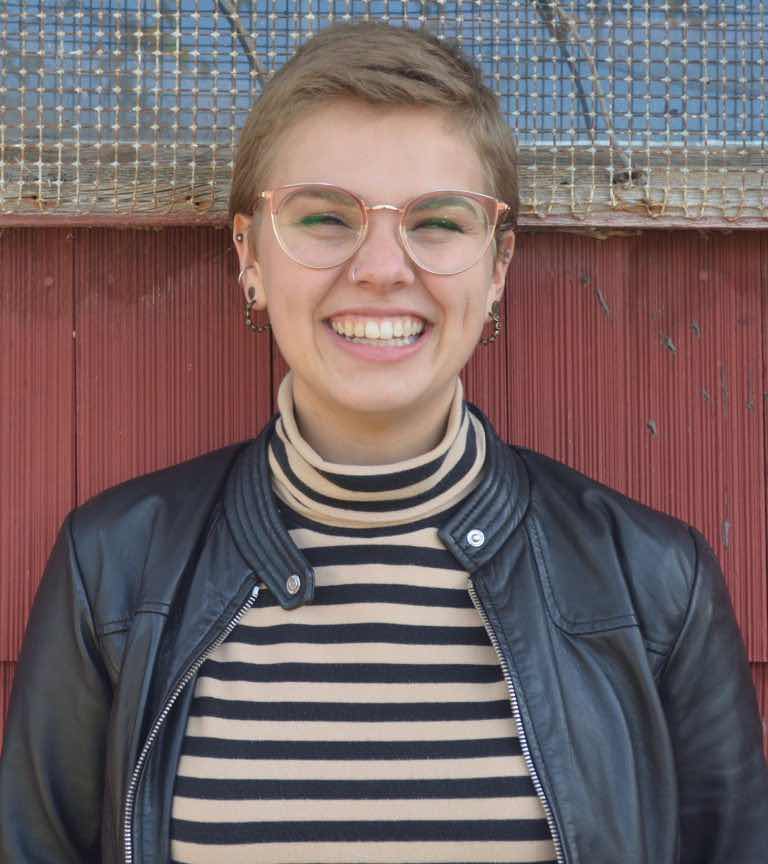

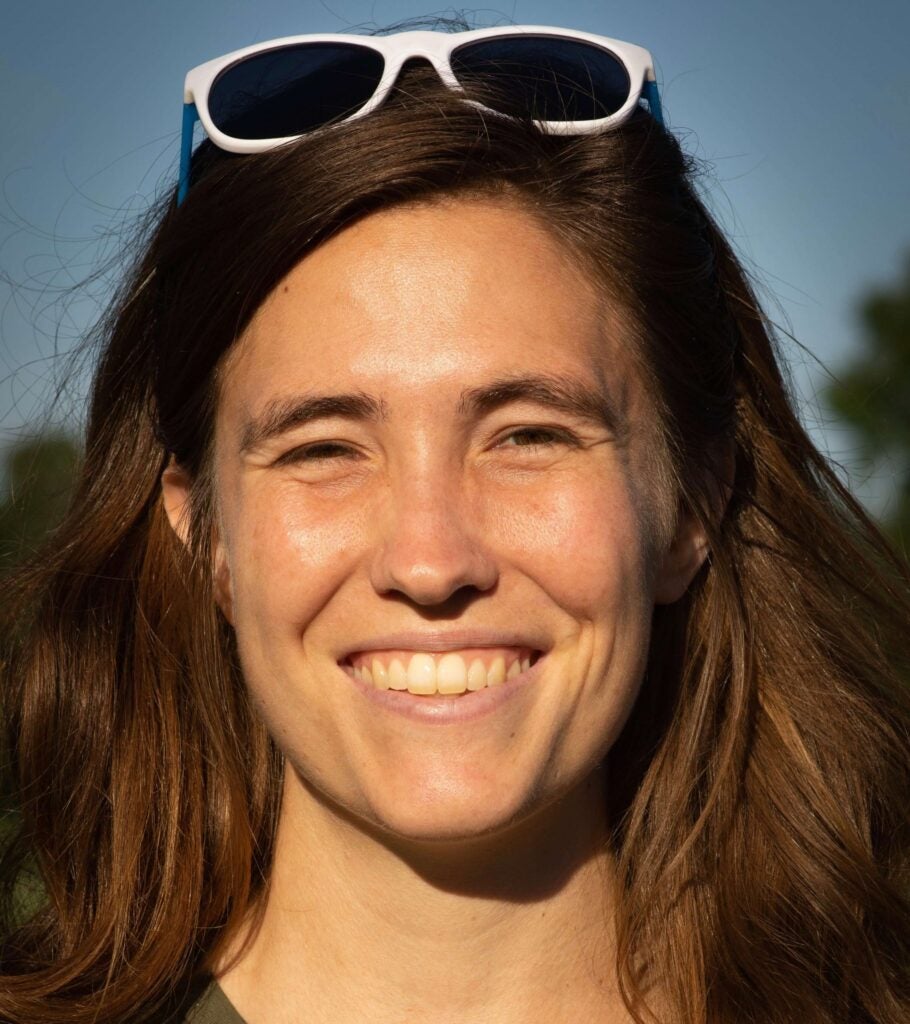
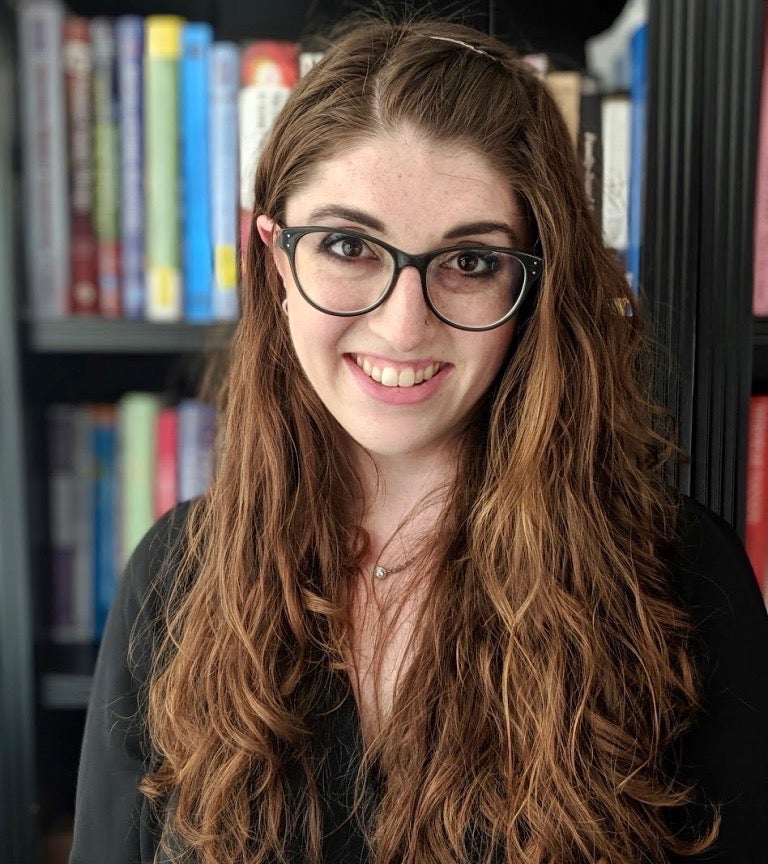
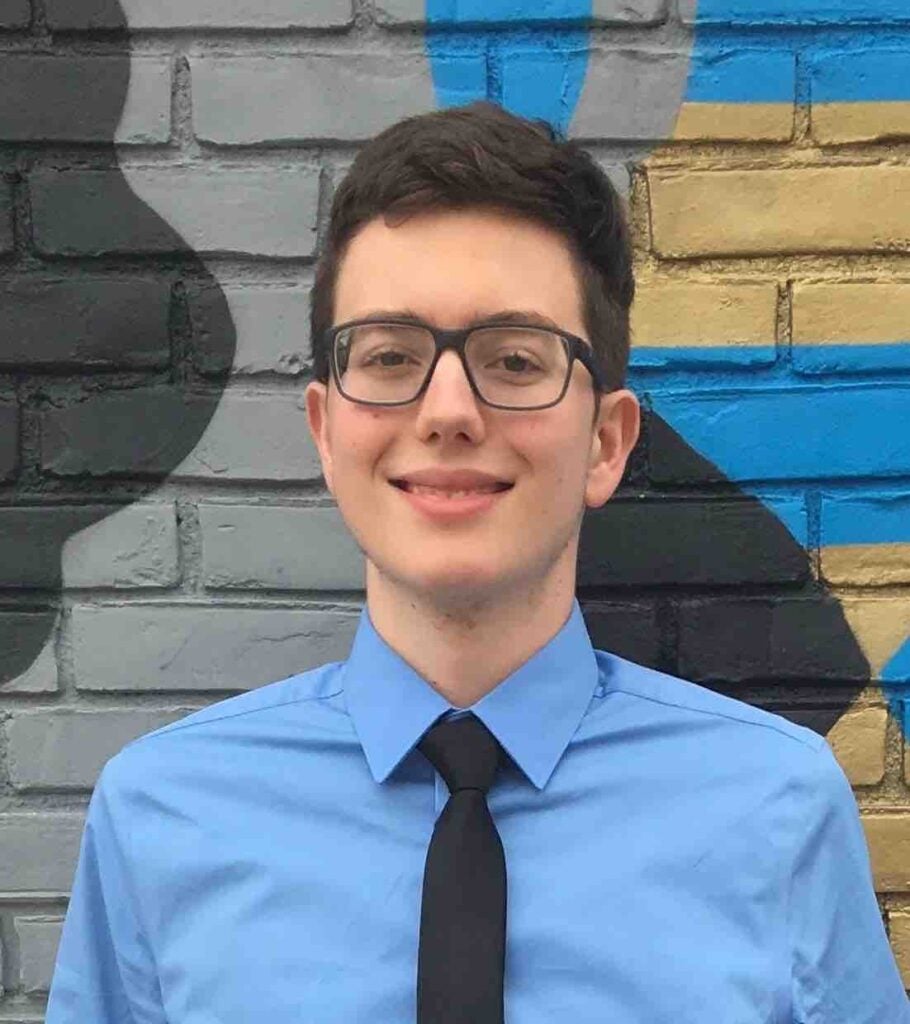
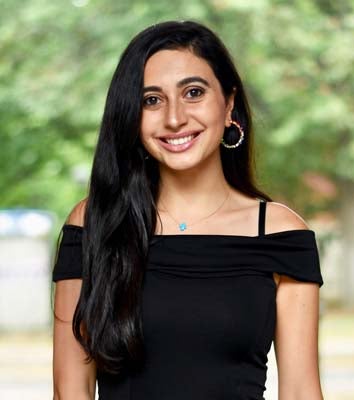

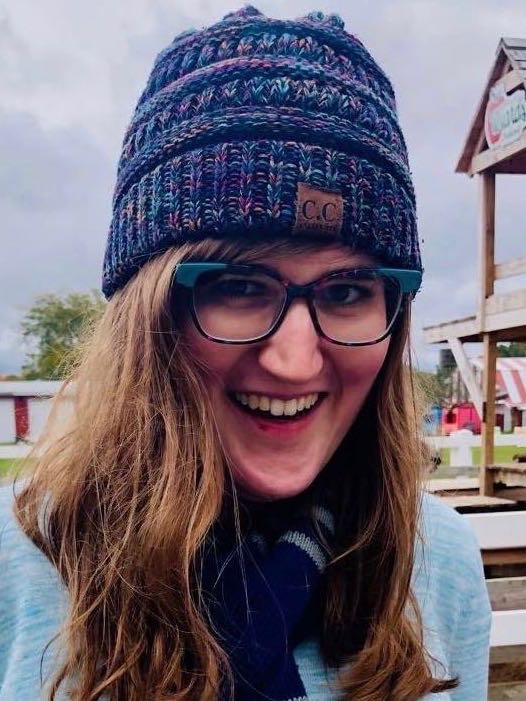
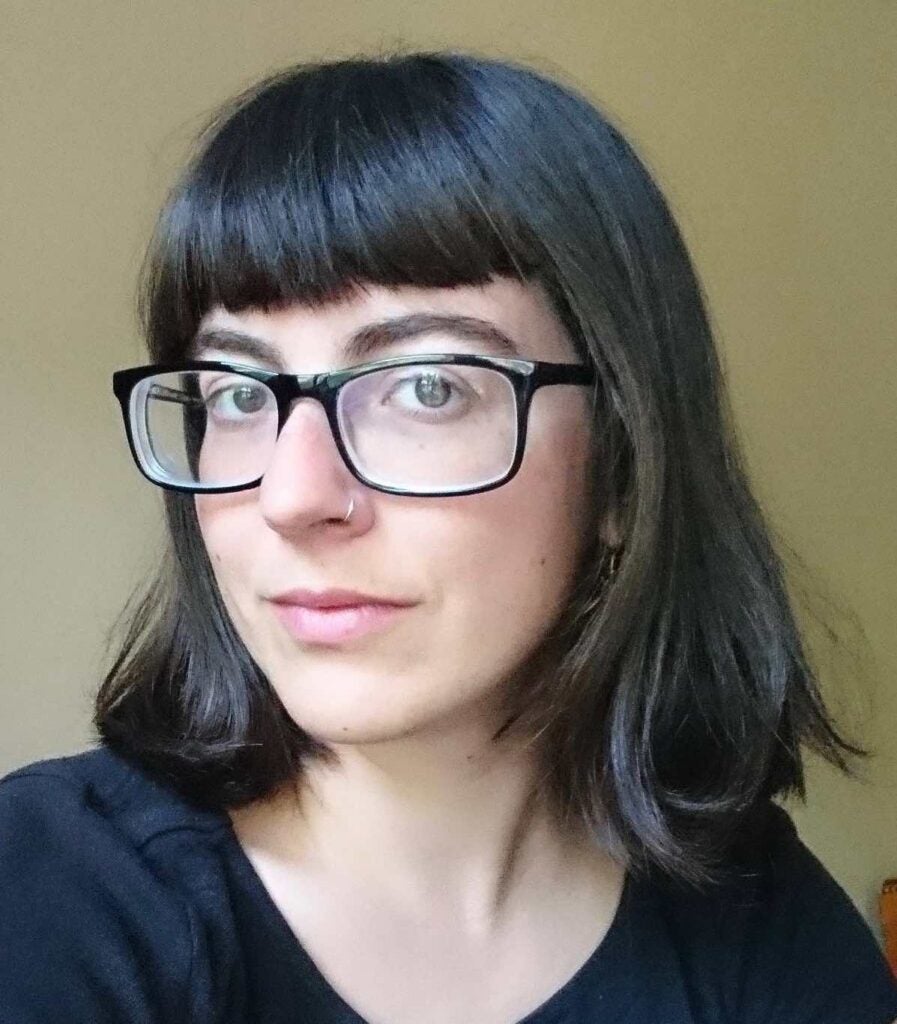
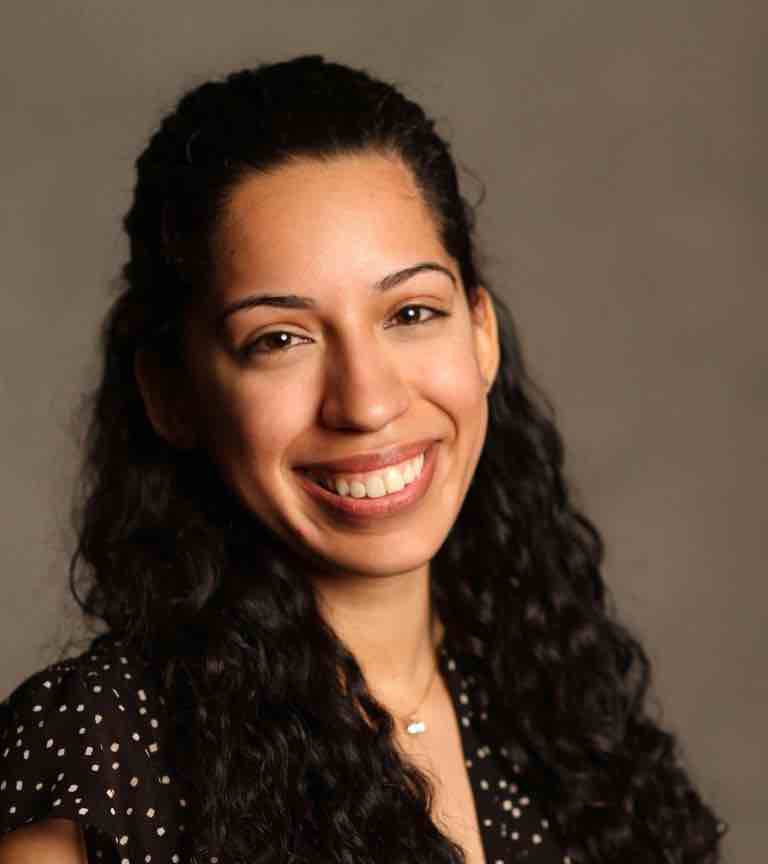
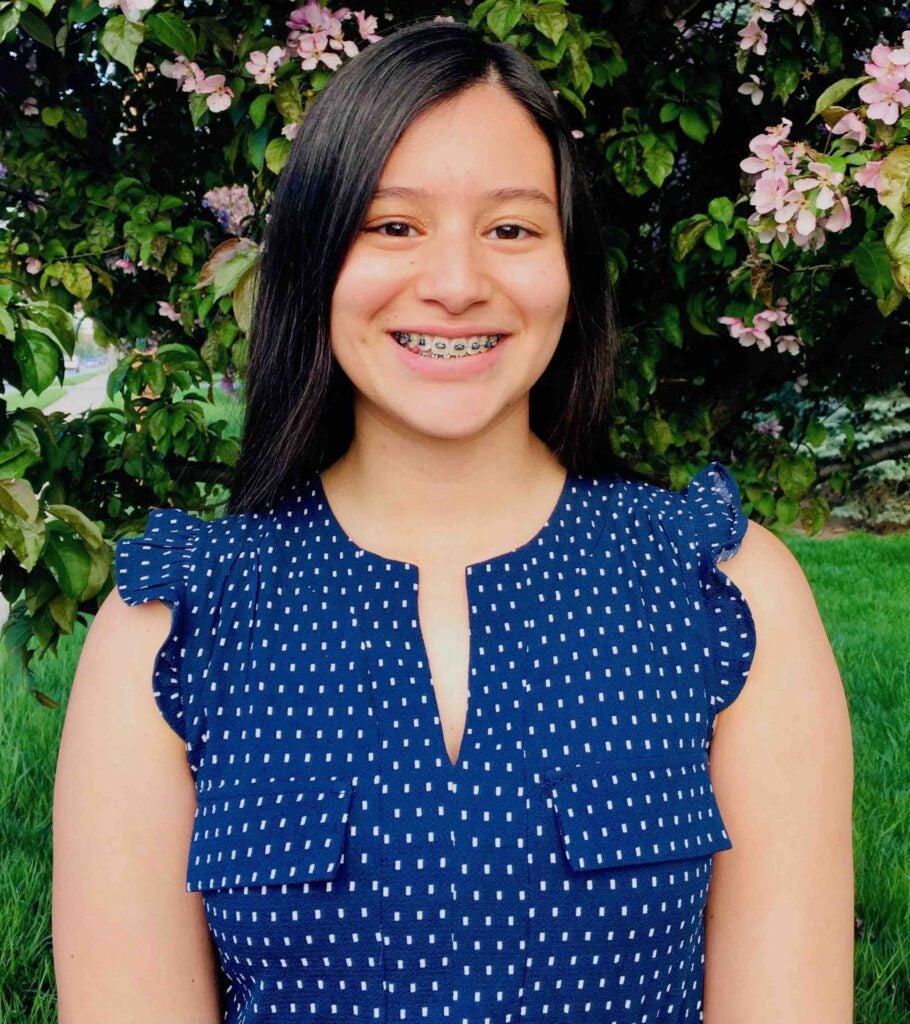
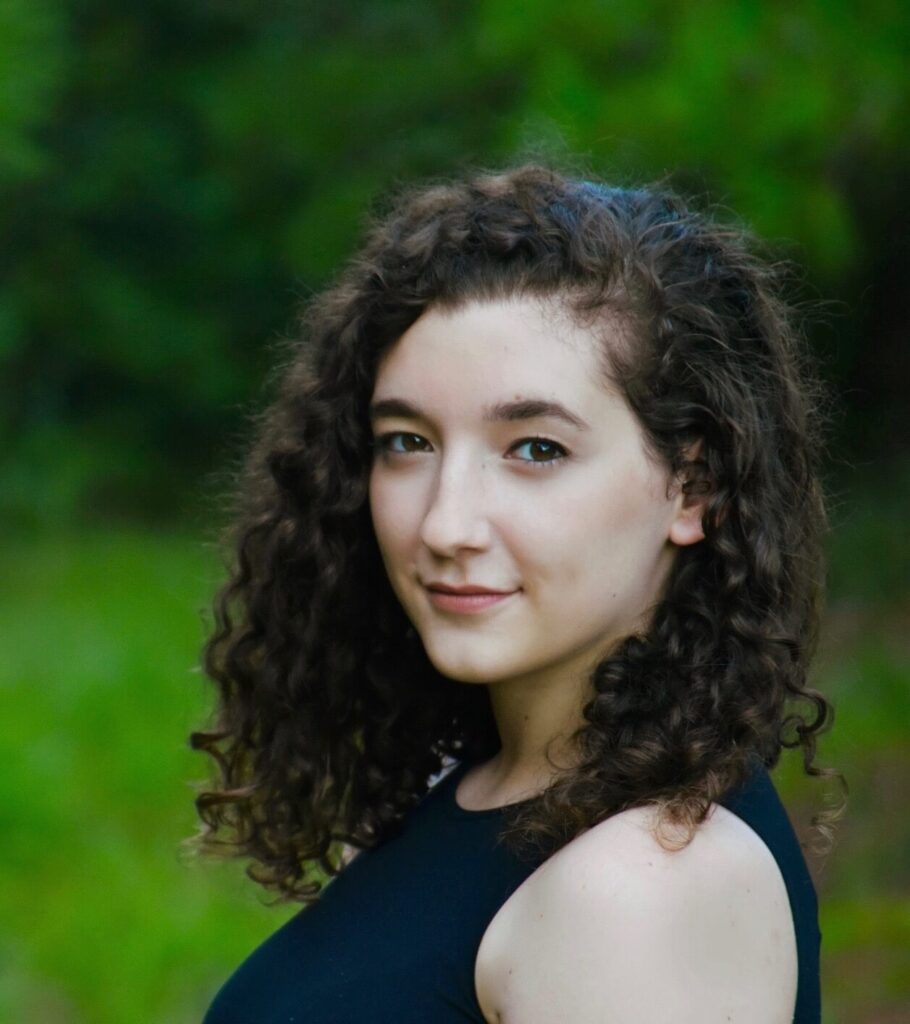
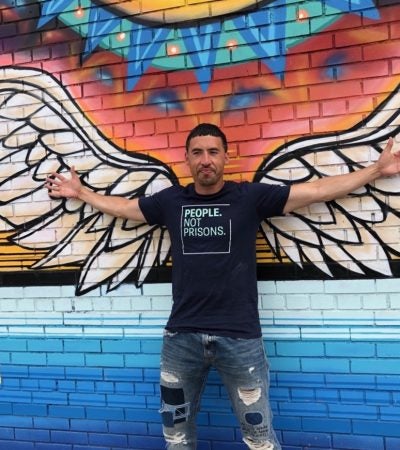
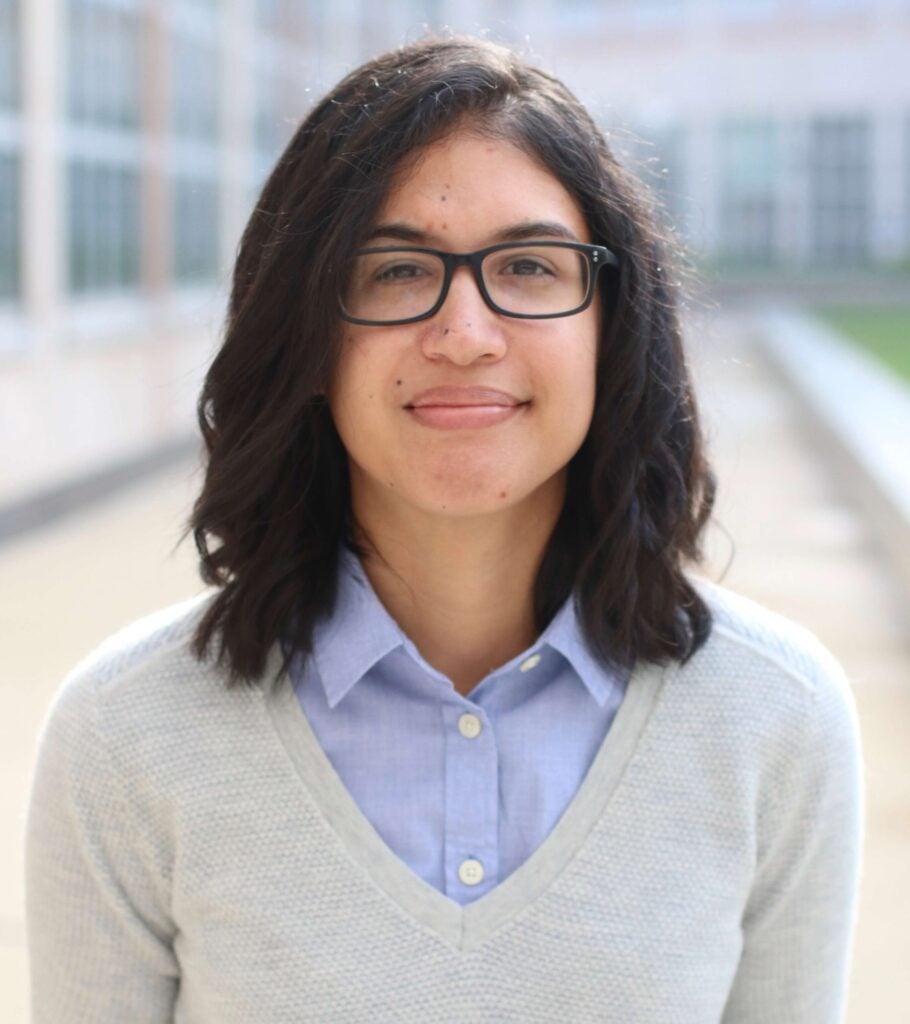
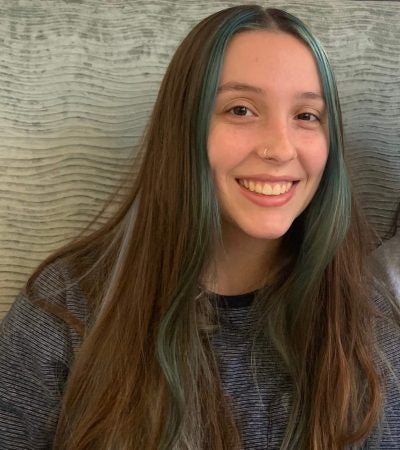
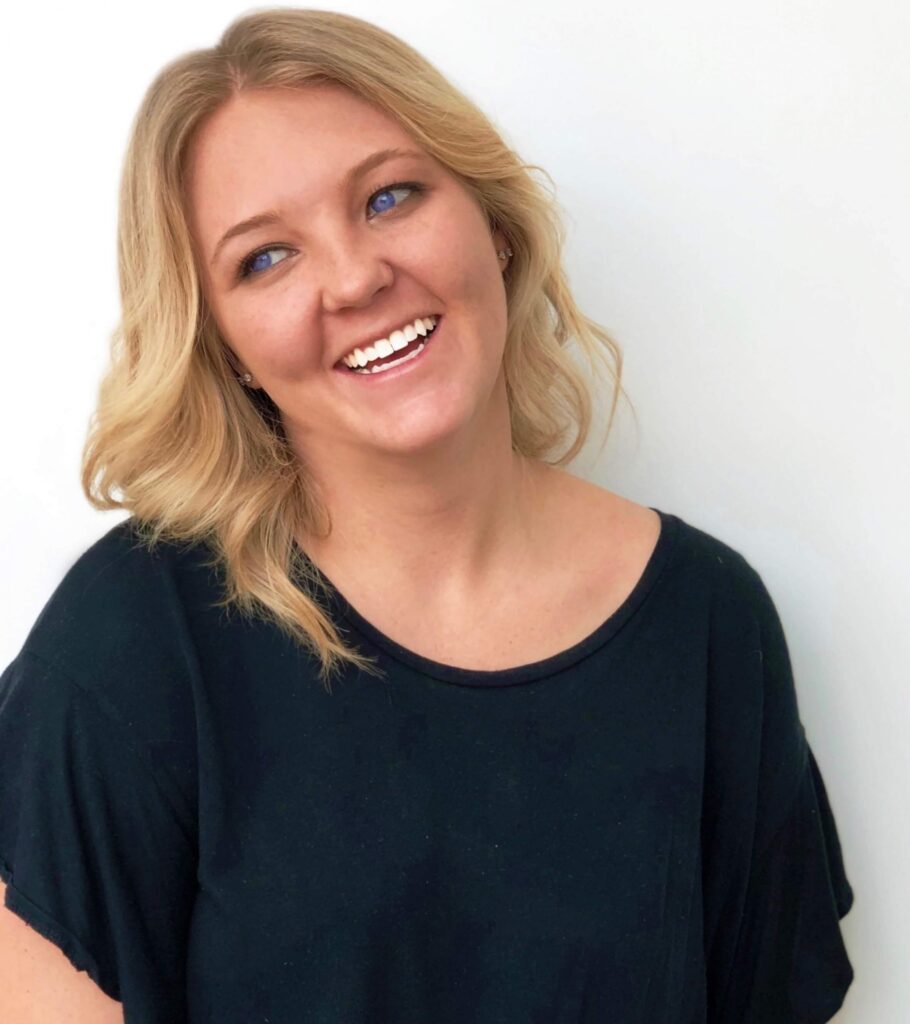

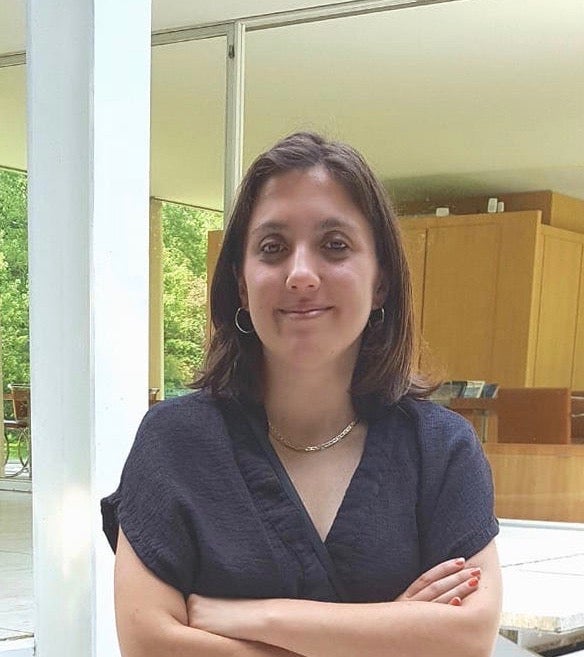
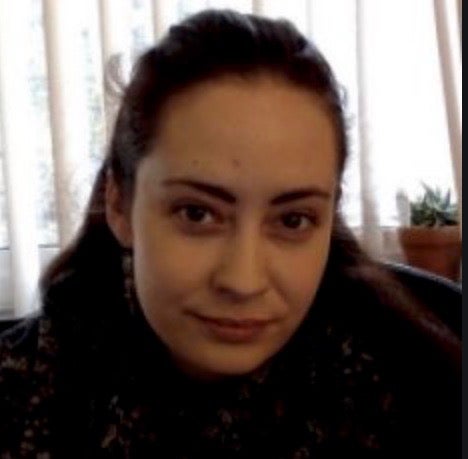
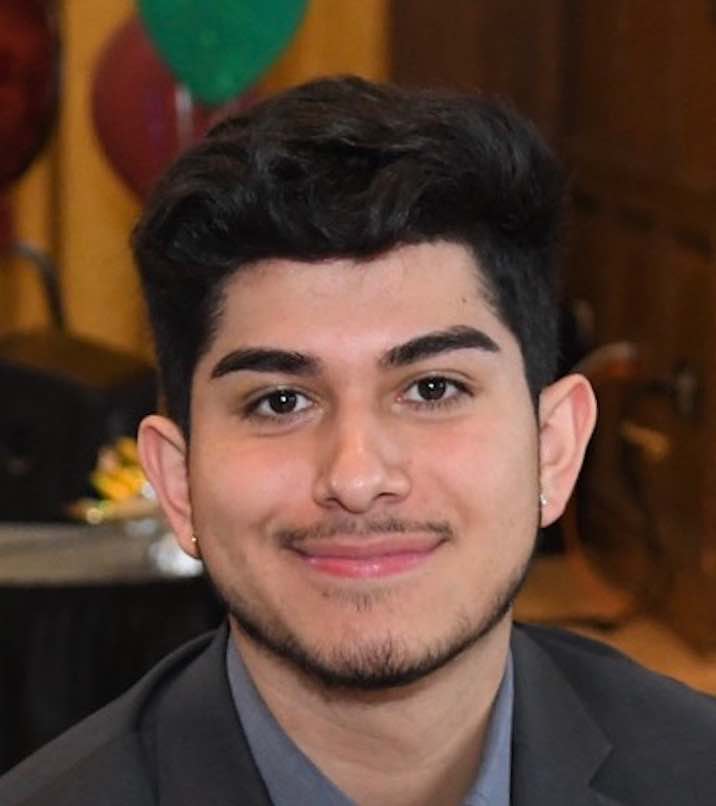
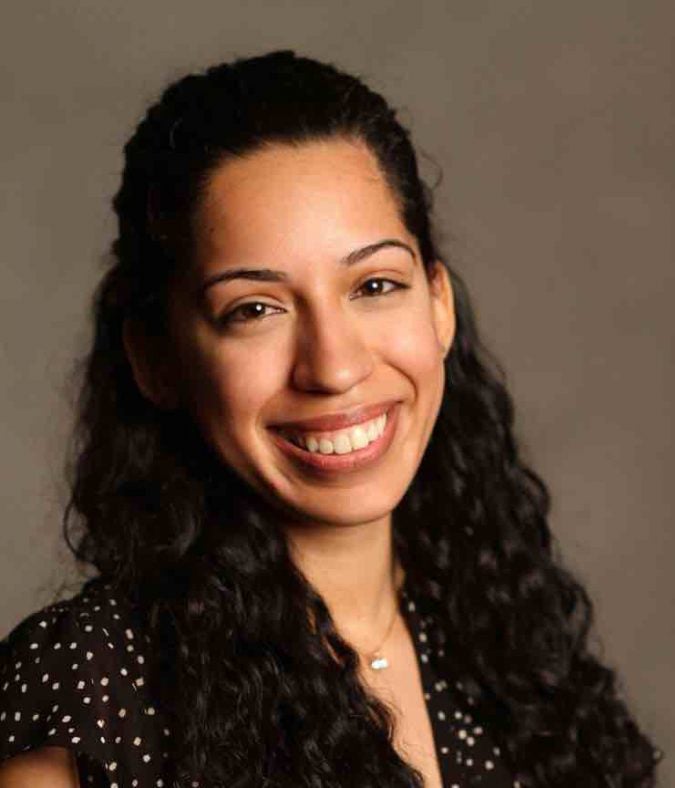
Documenting Criminalization and Confinement Team (2019-2022)
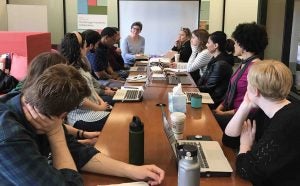
The steering committee of the Carceral State Project launched Documenting Criminalization and Confinement to build on the success of its 2018-2019 symposium series and with a development grant from the Humanities Collaboratory. We began formally planning the DCC research collaboration in May/June 2019 with a core group of faculty and graduate students, joined by community liaisons Cozine Welch and Patrick Bates and metadata librarian Matt Carruthers. During the 2019-2020 academic year, the DCC team expanded to 45 people, including dozens of graduate student and undergraduate researchers in seven component projects and three special project teams. So far, around thirty additional undergraduate students have participated in DCC through research seminars affiliated with component projects.

DCC Research Agenda: The DCC research teams are linked by humanistic research questions and methodologies, shared ethical guidelines, contributions to the digital humanities, and mutual commitment to confronting the logics and policies of the carceral state. Collectively, the DCC projects center comparative research questions that investigate how the carceral state operates in multiple dimensions and across different scales; how the social groups and persons most directly impacted have encountered and resisted criminalization and control; how visual culture and material discourses shape policies of carcerality and perceptions of criminality; and how the study of violence and trauma requires responsible scholarly practices and community partnerships.
Documenting Criminalization and Confinement is committed to demonstrating the role of the humanities in transforming public policies and promoting restorative justice. Our research is aimed at diverse public audiences through an interdisciplinary agenda of collaborative publicly engaged scholarship that will model inclusive research methodologies in partnership with community organizations and impacted communities. Our vision of collaboration is based on the values of equity and inclusion—among our campus and community partners, and through a shared authorship model between faculty and graduate/undergraduate students. We view collaboration as a method that is foundational to our research process and ethics, as first modeled through the Carceral State Project’s 2018-2019 symposium series, which exclusively featured speakers from advocacy organizations and directly impacted populations.

The DCC project teams will contribute research materials to a centralized digital archive while also creating specific storytelling products on multiple platforms. Our research highlights the lived experiences of marginalized and criminalized subjects and exposes deliberately obscured state processes–soliciting letters, testimonials, art, theater practices, and poetry from incarcerated people; chronicling and mapping historical and contemporary cases of police violence and misconduct; investigating regimes of immigration enforcement, detention, and deportation in mixed-status communities; conducting ethnographies to demonstrate the inner workings of employment markets and the extension of carceral control after release from jail or prison; and much more.
Scroll down for the biographies of the faculty team leaders and for the reflections of student and community researchers on research ethics and community engagement. Biographies of all DCC student/community researchers are on the research team pages.
DCC Faculty Team Leaders

Heather Ann Thompson
Professor of History/DAAS/Residential College, DCC co-PI, Director of Confronting Conditions of Confinement Team. Heather Ann Thompson, the co-PI of Documenting Criminalization and Confinement, founded the Carceral State Project in 2016 and writes regularly about prisons and policing for popular and scholarly audiences. She is a member of the standing Committee on Law and Justice of the National Academies and won the Pulitzer Prize and Bancroft Prize for her book Blood in the Water: the Attica Prison Uprising of 1971 and Its Legacy (Pantheon, 2016). She is also the author of Whose Detroit: Politics, Labor and Race in a Modern American City (Cornell, 2001) and is currently writing a book titled The MOVE Bombing of 1985 and Law and Order America.

Matt Lassiter
Professor of History, DCC co-PI, Director Policing and Social Justice HistoryLab. Matt Lassiter, the co-PI of Documenting Criminalization and Confinement, is a scholar of the twentieth-century United States with a research and teaching focus on political history, urban/suburban studies, racial and social inequality, and the history of policing and the carceral state. His most recent book, The Suburban Crisis: The War on Drugs and White Middle-Class America, is forthcoming from Princeton University Press. He has led undergraduate teams in the creation of seven book-length digital exhibits, including the DCC-affiliated projects Detroit Under Fire: Police Violence, Crime Politics, and the Struggle for Racial Justice in the Civil Rights Era (1957-1973) and Crackdown: Policing Detroit through the War on Crime, Drugs, and Youth (1974-1993).
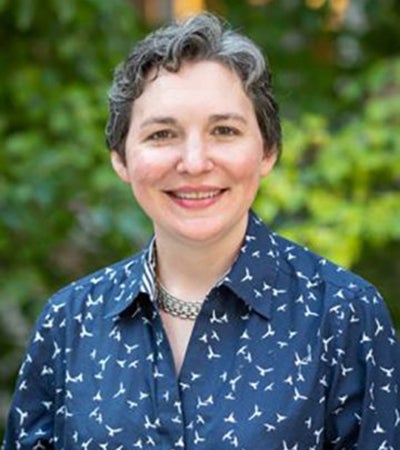
Ashley Lucas
Professor of Theater & Drama/Residential College, DCC co-PI, Co-Director DPEA Team. Ashley Lucas, who served as co-PI of Documenting Criminalization and Confinement from 2019-2021, is the co-director of the Documenting Prison Education and Arts team and former director of the Prison Creative Arts Project at the University of Michigan. Her book Prison Theatre and the Global Crisis of Incarceration (Bloomsbury, 2020) examines how incarcerated people all over the world use theatre to advocate for themselves and improve their lives.

William Lopez
Assistant Prof. School of Public Health, Director ICE in the Heartland Team. Bill Lopez is a clinical assistant professor in the U-M School of Public Health and faculty director of public scholarship at the National Center for Institutional Diversity. The child of a Mexican immigrant mother, he is also the author of Separated: Family and Community in the Aftermath of an Immigration Raid (Johns Hopkins, 2019). His community-based research uses mixed methods to investigate the impacts of immigration raids while centering the voices of community members who survive and thrive under targeted government surveillance and removal efforts.

Ruby Tapia
Associate Prof. of English/Women’s Studies, Director Critical Carceral Visualities Team. Ruby Tapia’s research and teaching engage the intersections of photography theory, feminist and critical race theory, and critical prison studies. She is co-editor of Interrupted Life: Experiences of Incarcerated Women in the United States (University of California, 2010) and author of the forthcoming The Camera in the Cage (Fordham University Press). She is faculty director of the Critical Carceral Visualities team, which is building tools that merge critical visual methodologies with abolitionist imperatives.

Nora Krinitsky
DCC/CSP Project Director (2019-2021), RC Lecturer, Co-Director DPEA Team. Nora Krinitsky is Director of the Prison Creative Arts Project and Lecturer in the Residential College at U-M. She is a historian of the modern United States and specializes in urban history, African American history, and the history of the American carceral state. She earned her Ph.D. from the Department of History at the University of Michigan in 2017. Professor Krinitsky was co-director of the Documenting Prison Education and Arts team and a contributor to the Conditions of Confinement team. She served as Project Director for Documenting Criminalization and Confinement from 2019-2021.
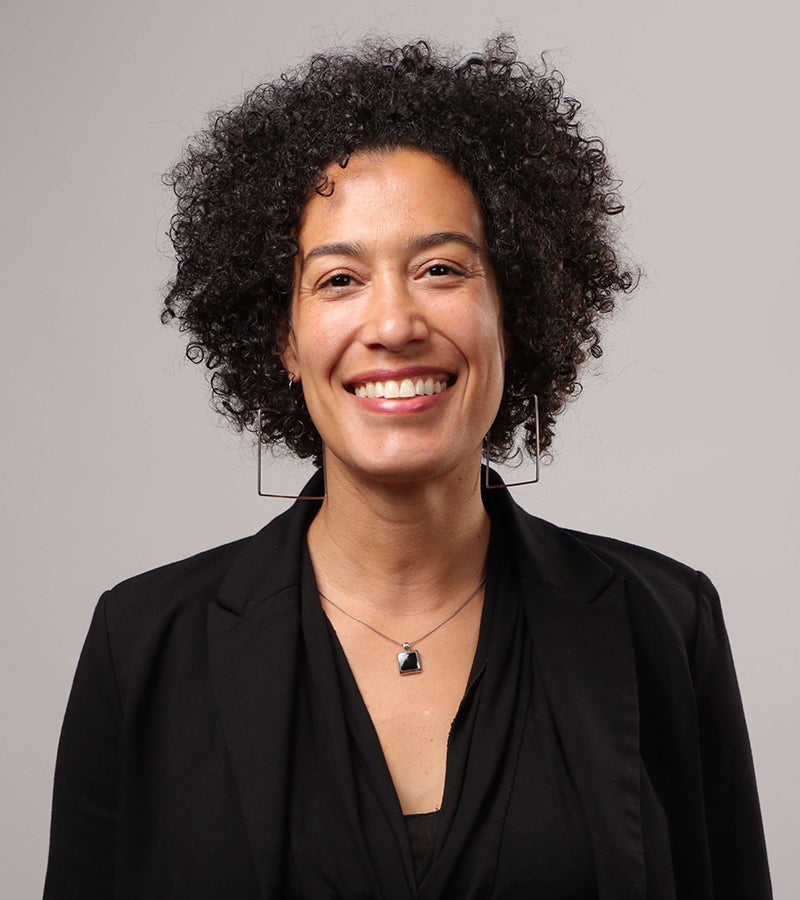
Melissa Burch
Assistant Prof. of Anthropology, Director Afterlives of Conviction Team from 2019-2021. Melissa Burch’s research and community work focuses on the experiences of former prisoners and the intersections of race, criminalization and employment. Her writing has been featured in popular journals and magazines and in the anthologies Abolition Now!: Ten Years of Strategy and Struggle against the Prison Industrial Complex and Interrupted Life: Experiences of Incarcerated Women in the United States. Melissa is a longtime member and former staffer of Critical Resistance and worked for a number of years with A New Way of Life Reentry Project in Los Angeles. She is currently writing her first book on the rise of criminal background screening in the job market, tentatively titled The Criminal Records Complex: Hiring and Job Seeking in the Age of Mass Conviction.
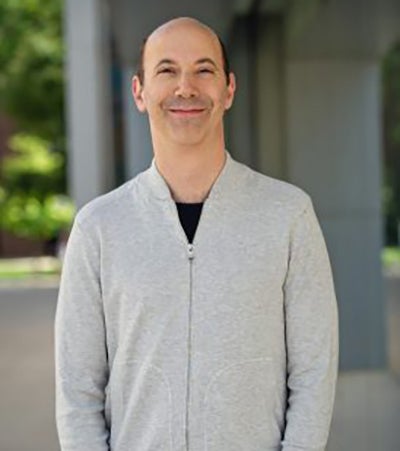
Jesse Hoffnung-Garskof
Professor of History and American Culture, Director of Immigrant Justice Lab. Jesse Hoffnung-Garskof is the author of A Tale of Two Cities: Santo Domingo and New York After 1950 (Princeton University Press, 2008) and Racial Migrations: New York City and the Revolutionary Politics of the Spanish Caribbean (Princeton University Press, 2019). He is the recipient, in AY 2020-2021, of a Scholars and Society Fellowship from the American Council of Learned Societies to further develop the Immigrant Justice Lab’s research collaboration with the Michigan Immigrant Rights Center.
Research Ethics and Student Experiences
-

Abigail Najar: Documenting Police Brutality and Community Activism (Nov. 29, 2022)
Abigail Najar is a senior at the University of Michigan and a researcher for the Policing and Social Justice HistoryLab, an affiliate of the Carceral State Project. During the Winter…
-
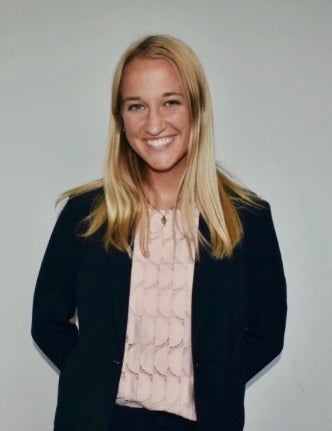
Eleanor Falahee: Justice as the Antidote to Passive Peace (Aug. 17, 2020)
When “normal” is not equitable: justice as the antidote to passive peace By: Eleanor Falahee, ICE in the Heartland team My name is Eleanor Falahee and I am one of…
-
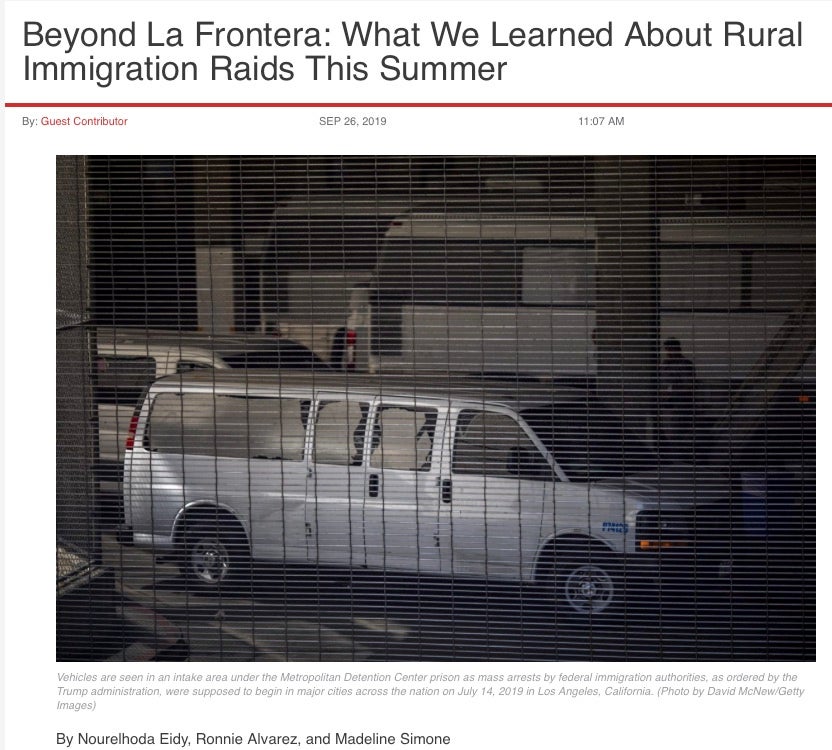
Nourelhoda Eidy, Ronnie Alvarez, and Madeline Simone in Latino Rebels-Beyond La Frontera (Sept. 26, 2019)
Beyond La Frontera: What We Learned About Rural Immigration Raids This Summer Nourelhoda Eidy, Ronnie Alvarez, and Madeline Simone–undergraduate researchers with the ICE in the Heartland project–published this reflection in…
